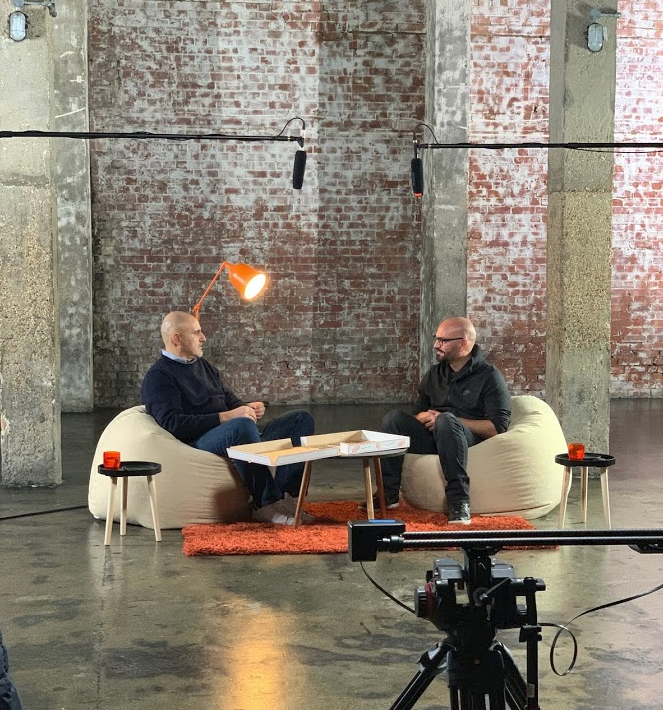When starting a business, founders are often more preoccupied with what can go wrong rather than what can go right. This influences their attitude towards spending company money — from recruitment to marketing, equipment to innovation. However, irrespective of how cautious some founders may be, in reality many of the factors that can impact the success and spending habits of a business are completely outside of an individual’s control.
The recent outbreak of coronavirus, and the potentially crippling impact it is set to have on fledgling and small businesses, has made brutally clear the power that external socio-political influences can have on both company profit and spend.
Research company Capital Economics has said that the UK economy could shrink as much as 20% in the next three months, as coronavirus triggers a ‘big recession’. A survey from the Institute of Directors a few weeks ago, whose membership is 70% small and medium-sized enterprises (SMEs), underlined the worry. One in five firms ranked the threat to their organisation from the coronavirus as “high” or ‘“severe”, with a further 43% saying there was a “moderate” threat.
Preetam Kaushik, writing for Starting Business, echoes the severity of these statistics, arguing that shifts in the external socio-economic climate can precipitate "mild to severe ramifications" for businesses.
Obstacles to spending
Recent research commissioned by Soldo found that 27% of participants viewed political and economic uncertainty as their biggest obstacle to spending money in order to grow their company. It is not a factor that you may initially assume would take precedence over concerns such as funding issues, lack of cohesion within senior management and lack of freedom to spend; and yet, for certain types of businesses, it does.
Season 2 of Soldo’s ‘Dough Stories’ further illuminated this issue. Pippa Murray, founder of nut butter brand Pip and Nut, pointed out that businesses that rely on international manufacturing and imported goods are often at the mercy of an unstable political climate. She said Pip and Nut manufactures half its products in Europe, buys almonds from California and peanuts from Europe, meaning that swinging foreign exchange rates due to the weakening of the pound constantly made its margins and costs fluctuate.
When a core part of your brand is a commitment to sourcing the best ingredients — which is often inextricably linked to international purchasing and production — do you compromise to regain some semblance of financial control, or do you simply resign yourself to the fact that you cannot prepare for every eventuality?
Murray says that when it comes to forecasting the impact of these changes, she is constantly hedging her bets, and looking month to month rather than further ahead when financially forecasting.
For some founders, however, the nature of their company means that the external political and social climate has very little influence on their profit and spend. “We’re in our culture quite insular; we try not to think too much about competition, or whether or not Brexit was going to happen,” says Chris Edson, cofounder of diabetes management app Second Nature. “We just tried to do what we could, and whatever it was we could control.”
Forecasting flexibility
Founders have come to terms with the fact that their budgets, financial plans and forecasting are going to be subject to change; however, this means that they constantly have to have a contingency plan, and a firm grip of company spending.
A spend management platform would empower the 27% of founders whose spending is hampered by a fear of political and social uncertainty to spend money on growing their company, rather than being stuck in an uncomfortable limbo of being unable to plan ahead and unable to spend the investment they worked so hard to secure. It would allow them to have real time visibility on spend across the business, for the whole team to use. This means that at all levels there is clarity surrounding company spend.
Political and social instability also means that at the drop of the hat founders have to diversify their business practice. Multi-currency features facilitate this, allowing for operations and sourcing from different countries, minimising the cost and detrimental impact of founders suddenly having to shift core elements of their operational strategy. Furthermore, the recent outbreak of coronavirus has only further illuminated the importance of the virtual card feature offered by spend management tools such as Soldo; remote working does not mean that the business stops, and by proxy neither does spend. Virtual cards empower employees to spend safely outside of office walls.
Spend management platforms are not only useful when the going gets tough, but also when the business is growing; they can scale alongside the business, easily integrating with their pre-existing accounting software, and allowing companies to add as many cards and users as they need, while offering the opportunity to reduce the price of the tool as usage increases.
A spend management tool would not allow them to predict the future; but it would enable them to weather the storm of sudden social or political change, armed with the knowledge of exactly how and why they have been spending company money.
Find out more about managing company spend with Soldo.



